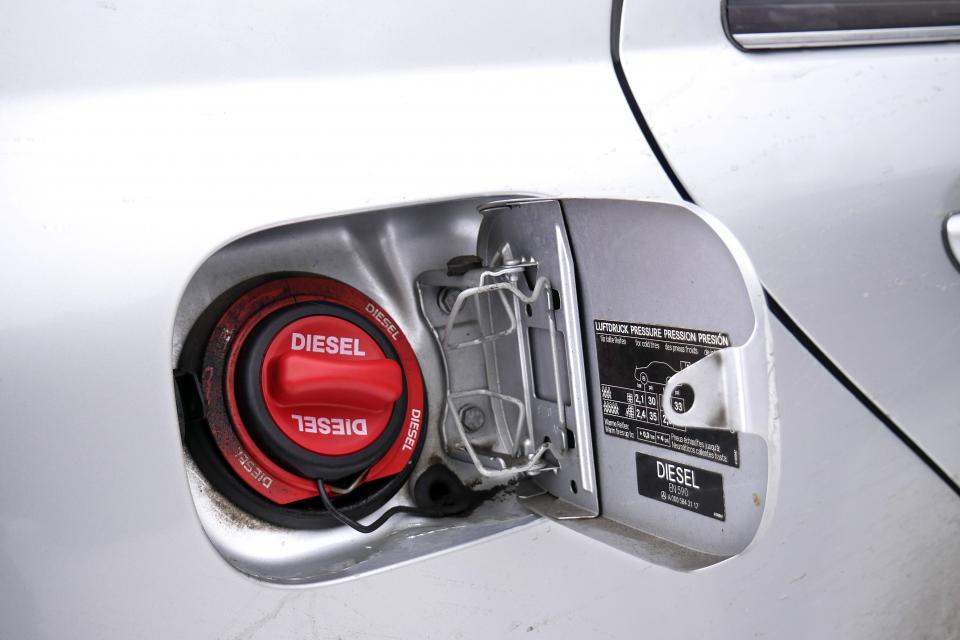Diesel cars are still enjoying favourable tax treatment compared with petrol, despite being the main cause of the air pollution crisis in Europe’s cities. That is the main finding of an update of T&E’s online tax tool designed to let people monitor taxation of road transport fuel in their own country and across Europe.
In 2019, T&E launched How much are we paying in fuel taxes?, an online tool that lets motorists check aspects of fuel taxation in all 27 EU member states and the UK. Based on data of fuel consumption taxes for road transport since 1995, the tool looks at differences between taxes on petrol and diesel, which EU countries have managed to eliminate diesel’s unfair fiscal advantage, what discrepancies exist between neighbouring countries that can lead to ‘fuel tourism’, and other details such as the amount of biodiesel that each country is burning. The tool has now been updated to take in the latest data, including some for 2020.
The standout finding from the latest data is that efforts to phase out diesel’s tax advantages over petrol stagnated in 2019. In 2015 when the ‘Dieselgate’ scandal broke, T&E calculated that diesel fuel was taxed, on average, at 14% less per litre than petrol in 2014, which amounted to indirect subsidies totalling almost €27 billion.
T&E’s director of analysis Carlos Calvo Ambel said: ‘For years, diesel has been taxed lower than petrol. After 2015 we saw some efforts to close the gap, but these were inadequate and our latest figures show the discrepancies remain. Even parity of taxation between petrol and diesel would be favourable for diesel, because it would mean diesel is still taxed 10% less per unit of energy. Given that petrol and diesel will be burned on our roads for another couple of decades, it’s vital that Europe’s governments tax them according to their environmental impact, which means being stricter on diesel.’
The updated tax tool also shows that the share of fuel taxes in total tax revenues has continued to fall. If this trend continues, the drop in government income will make road charging increasingly attractive for finance ministers. When adjusted for inflation, diesel taxes are at the same level as they were in 1995.
In addition, there are still major differences in fuel taxes between member states, even between neighbouring states which leads to fuel tourism (a financial incentive to drive across a national border to fill up more cheaply). For example, Latvia charges €0.39 per litre while its northern neighbour Estonia charges €0.49; Spain charges €0.38 while Portugal has €0.49; and the biggest difference is across the French/Luxembourg border, where the French charge €0.61 while Luxembourg’s rate is €0.35.
By Chris Bowers
Source: https://www.transportenvironment.org
CUT COTS OF THE FLEET WITH OUR AUDIT PROGRAM
The audit is a key tool to know the overall status and provide the analysis, the assessment, the advice, the suggestions and the actions to take in order to cut costs and increase the efficiency and efficacy of the fleet. We propose the following fleet management audit.




